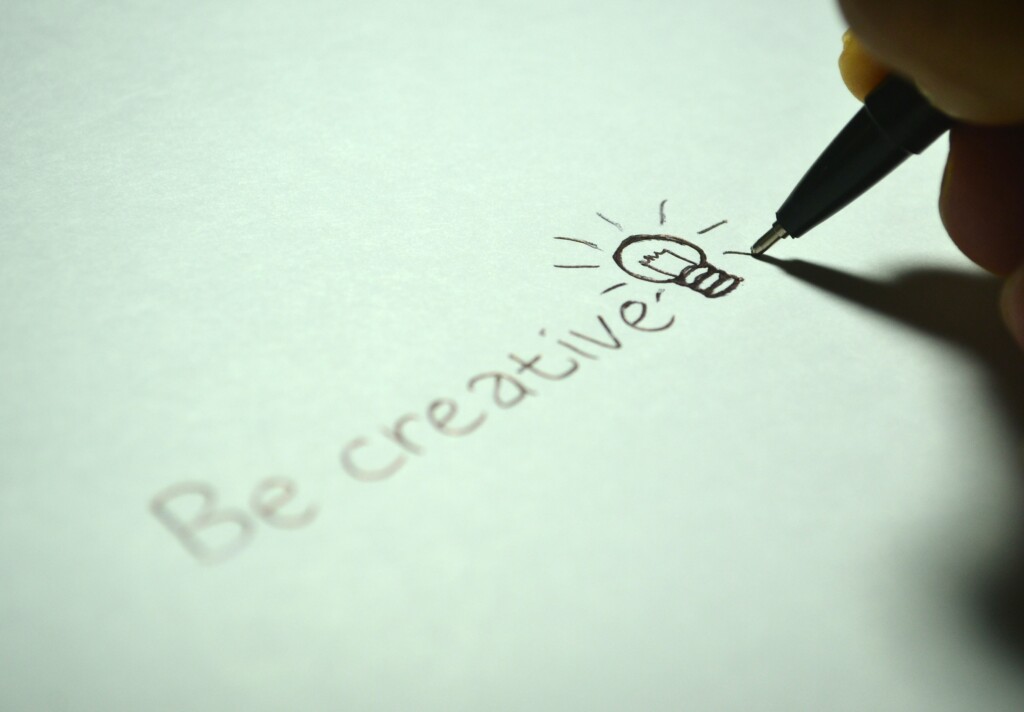Literature is like a time machine, it allows us to explore different eras, cultures, and perspectives. It’s a whirlwind journey through time and space without ever leaving the classroom. How cool is that?

Secondly, literature isn’t just about reading words on a page. It’s about ‘feeling’ those words and connecting with the characters. It teaches us empathy, and gives us the ability to understand and share the feelings of others. It’s like a workout for your emotional intelligence.
Thirdly, have you ever tried to decipher a poem or analyze a novel? It’s like solving a fun puzzle. Literature enhances our critical thinking and problem-solving skills. It encourages us to question, interpret, and form our own opinions.
But wait, there’s more! Literature is also a great tool to improve our language skills. It’s like a playground for new words, phrases, and expressions. It helps us to express ourselves better, both in writing and speaking.
And lastly, literature sparks creativity. It gives our imagination wings and encourages us to dream and create. Ever wanted to invent your own world like J.K. Rowling or weave complex plots like Agatha Christie? Well, reading their work is a great place to start. Before we dig deeper into how literature helps students spark creativity, let’s discuss what you can do if you need academic help.
Homework Help for Students Lacking Creativity
Sometimes, despite our best efforts, we can hit a creative wall, especially when it comes to homework. Luckily, we live in a digital age with resources for student writing right at our fingertips. Let’s say, Grades Fixer is a goldmine of inspiration for students. It has a plethora of essay examples for free reading across various topics, including literature. So, if you’re stuck on that Shakespearean sonnet analysis or struggling to find the right words for your “To Kill a Mockingbird” essay, GradesFixer can be a real lifesaver.
Literature and Student Writing
Literature can be a supercharger for student creativity in writing. Want to get creative with your writing? Grab a book and let the words transport you to a world of imagination and inspiration. Here is how it works.
Boosts Imagination
Reading literature is like diving into a different universe. You get to live in other people’s worlds, and see things from their perspectives. This exposure to various scenarios, characters, and plots can fire up your own imagination, helping you dream up original and creative ideas for your writing.
Enhances Vocabulary
Literature is a treasure trove of words. Reading a variety of texts can introduce you to new words and expressions, enriching your vocabulary. A good vocab gives you a wider range of tools to express your thoughts in a more creative way.
Inspires Unique Styles
Every writer has their own style, and literature exposes you to many of them. Whether it’s the beautiful prose of Fitzgerald, the dark humor of Vonnegut, or the vivid descriptions of Tolkien, these styles can inspire your own unique approach to writing.
Teaches Storytelling
Literature shows you the art of storytelling. You learn how to build tension, create compelling characters, and weave intricate plots. With these skills, your writing can become more engaging and creative.
Encourages Deep Thinking
Lastly, literature often tackles complex themes and ideas, pushing you to think deeply. This deeper level of thinking can translate into more nuanced and creative writing.
Incorporating Literature into Curriculum
If we want students to fall head over heels in love with reading, literature is our best wingman. It introduces students to riveting stories, unforgettable characters, and captivating universes that keep them hooked. It’s not just about reading, it’s about experiencing different lives and journeys. This emotional connection can spark a lifelong love for reading.
But literature isn’t just a charming storyteller, it’s also a rigorous trainer for the mind. It pushes students to analyze, interpret, and question what they read. Why did the character make that choice? What does the setting reveal about the story? How does the author use language to convey mood? This engagement with text sharpens critical thinking skills, transforming students from passive readers to active thinkers.
Finally, and perhaps most beautifully, literature can help students discover and express their unique voices in creative writing. Reading different styles of writing exposes them to a range of techniques and approaches. They learn how to paint pictures with words like Dickens, how to build suspense like Poe, or how to write dialogue like Austen. This exposure can inspire students to experiment with their own writing style, unleashing their creativity.
So, incorporating literature into the curriculum is like gifting students a key to a magical realm – a realm where they fall in love with reading, strengthen their minds, and let their creative spirits soar. Now that’s an education worth having.
Author’s BIO
Michael Stoddard is a guide through the vast landscape of literature. He is an ardent believer in the transformative power of stories. Michael is an expert navigator of the literary world, from Shakespeare’s grand dramas to Salinger’s intimate narratives. But what truly sets Michael apart is his infectious enthusiasm for literature. In his classroom, every book is an adventure, every poem a secret message, and every play a life lesson. Photo Credit: Pixel



